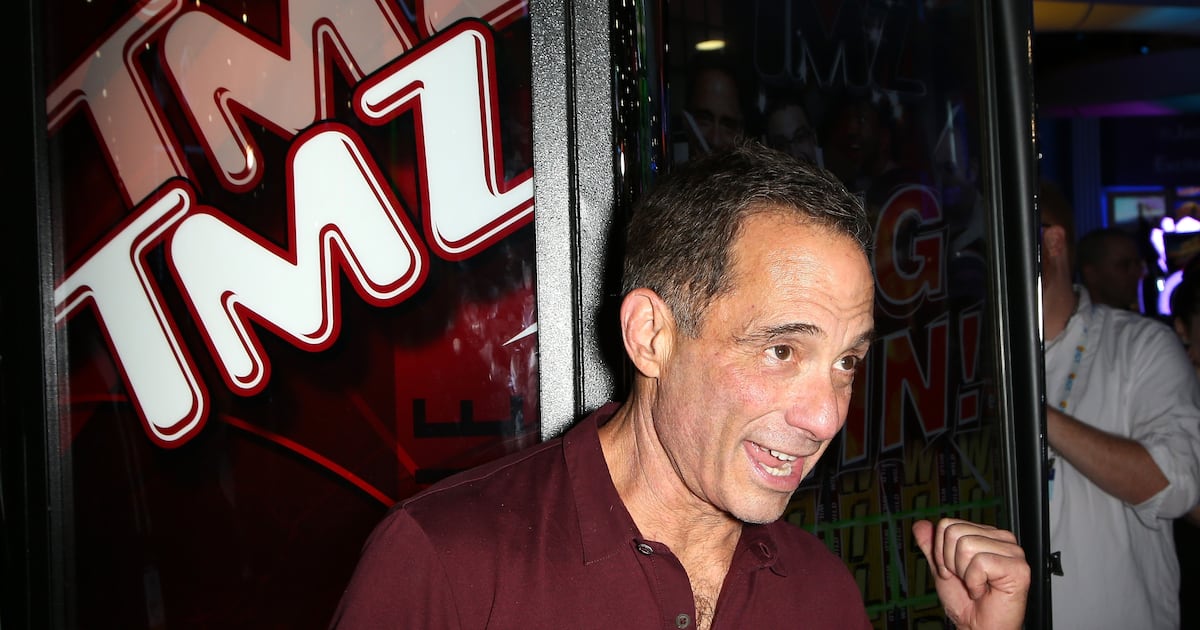Count Basie Good Morning Blues
The late great novelist, essayist, and memoirist Albert Murray knew his way around autobiography like no one else, which made him, a jazz lover in the bargain, the perfect ghostwriter for Count Basie. Together they put together the best autobiography ever written by a jazz musician, or almost any musician for that matter. The endless touring, the Jim Crow aggravation, the hustle to produce new music under pressure, all the while wondering where you might find a meal or a bed in the next town, even as you were trying to figure out who you could find who could possibly replace Lester Young, who just quit to go play with Fletcher Henderson—it’s all here, a life crammed full of incident, bursting with personalities (Young, Billie Holiday, Jimmy Rushing, Jo Jones), and all of it lived, sweated, endured, and abided while Basie and his band perfected some of the most sublime music ever played on the planet. Bless Basie, but also bless Murray for wrangling this saga into a tale of genius.
Bob Dylan Chronicles
ADVERTISEMENT
His publisher wisely did not try to polish Dylan’s writing into some semblance of normal narrative, and the sometimes amateurish tone works just fine. People who’ve tried to pigeonhole this changeling artist have always lived to regret it anyway. So, he rambles, gets lost, circles back on paths he diverged from pages back, and somehow it all hangs together. The voice on the page—wry, self-confidant, and occasionally self-mocking—is a real voice, and the stories he tells have the vividness of your own memories. Dylan may not remember everything that happened to him in his long and storied career, but what he does remember is etched in acid, whether it’s shooting rats at the city dump as a kid or meeting the man wearing little James Joyce glasses who would introduce him to the solo work of Woody Guthrie. Time ceases in this book; everything is an eternal present, like some ancient ballad that never grows stale no matter how many times it’s sung.
Patti Smith Just Kids
This is not so much a musician’s memoir (for that consult M Train, her second book of recollection) as it is the story of what happened on the way to becoming a musician. Mostly it’s about her friendship with the late photographer Robert Mapplethorpe (he of the transgressive images), before either of them even thought of becoming famous. It’s the story of a friendship, of two people holding each other up, discovering what the other is about, each helping the other find themselves, all while living the marginal boho life. Somehow it’s both tough and tender, and beguilingly honest straight through to the end.
Stephen Sondheim Finishing the Hat & Look, I Made a Hat
So maybe, technically speaking, you can’t call these books straight memoir. There’s no “born here, grew up there, met so and so who changed my life” stuff anywhere in sight. But when one of the premier musicians of the last century walks you through the creation of almost every song he’s ever written, what else are you going to call it but autobiographical. That is his life, after all. And since Sondheim is also probably one of the most articulate people who’s ever drawn a breath, the explanations are lucid, mesmerizing, and definitive. You want an oral history of musical theater in the last half of the 20th century? Here it is, in two rich volumes, or at least the classiest, wittiest, and most musical part.
Keith Richards Life
He’s a gent. There’s just no other word for him. Yeah, he’s a rich old rock star with nothing left to prove. But just go to YouTube and check out some footage of septuagenarian Keith with or without the Rolling Stones, and you’ll see right away that he doesn’t know that—the part about not having anything left to prove. Because whatever he does, he does not coast. Same with his book. He knows he’s had a good life. He doesn’t rub it in. He takes pains, instead, to show you where his music came from, how music has always engulfed him, been his reason to live, from the moment his grandfather showed him a guitar and played “Malaguena” for him. If all he’d done was tell the story of Gus, his grandfather, and how one old man passed along his abiding love of music to a small boy, that would have been plenty. But there’s a lot of book after that, and a band to join, and musical history to change.





